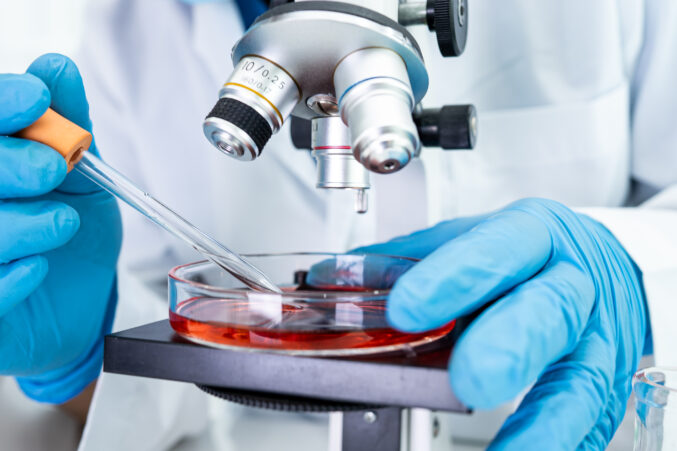In Britain recently it was announced to huge fanfare that eight babies had been born using a new genetic technique which ensured they were not born with a hereditary condition which could have fatal consequences. The babies have three genetic parents, and the new technique was treated as an unambiguous good in almost all media.
If eight healthy babies were born without a terrible hereditary condition, who could complain? But that depends on what means were used to achieve this end. Very few countries explicitly permit the technique, as we shall see, and countries such as Ireland and the US explicitly ban it.
The technique uses genetic material from three individuals. As the BBC explains: “The method, pioneered by UK scientists, combines the egg and sperm from a mum and dad with a second egg from a donor”.
The fertilised egg from the first couple has its mitochondrial DNA removed (because it carries the hereditary condition) and replaced with the healthy mitochondrial DNA from the egg of the second woman. This means the resulting child has three genetic parents.
In 2015, the UK legalised mitochondrial replacement therapy (MRT), to avoid transmitting maternal mitochondrial diseases.
Although this might appear to be a compassionate use of science to prevent suffering, it involves practices that are gravely unethical.
First and foremost, the process requires the creation and destruction of multiple human embryos. Each embryo is a human being with inherent dignity and the right to life from the moment of conception. Discarding or experimenting upon embryos is, therefore, morally unacceptable.
Secondly, the technique entails altering the DNA in such a way that changes will be passed on to future generations (germline genetic modification). This raises profound moral questions. Once we begin to manipulate the genetic makeup of human beings at the embryonic level, where do we draw the line?
For this reason, mitochondrial replacement therapy is banned in countries such as the US, Germany, France, Italy. In Ireland, the Assisted Human Reproduction Act 2024 includes a clear ban on mitochondrial replacement, but the Act is not yet commenced.
Although the term “three-parent baby” is often used in the media, it is a bit inaccurate. Personal genetic characteristics like appearance, personality, height, eye colour, or intelligence are not passed on through mitochondria. Yet mitochondrial replacement therapy still introduces a third genetic contributor, raising complicated ethical and legal questions about parenthood.
Medical science must always serve the integral good of the human person, respecting both physical life and moral law. While the desire to prevent illness is good and understandable, not every technologically possible solution is morally permissible. The ends do not justify the means, especially when those means involve the destruction of human lives, however early in development.
Moreover, these new techniques reflect a worrying trend in modern biotechnology: reducing human beings to a set of biological components to be manipulated, optimised, or discarded. Such a view undermines the sanctity of life and the unique, irreplaceable value of each person.
—
















